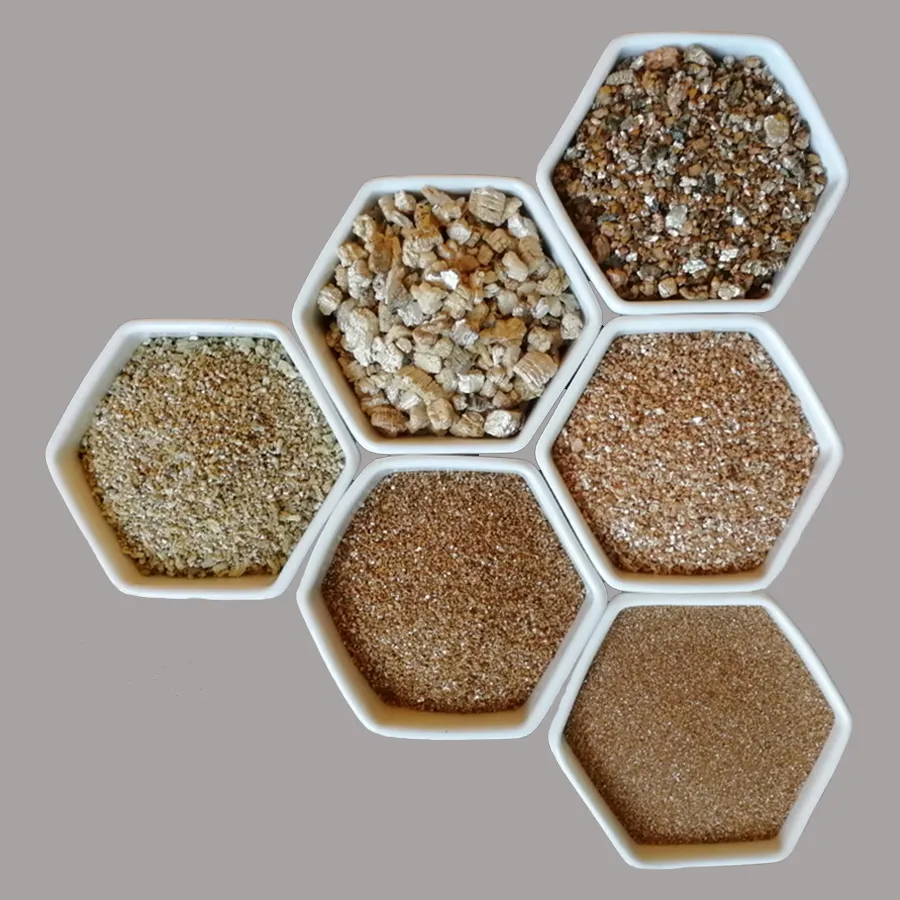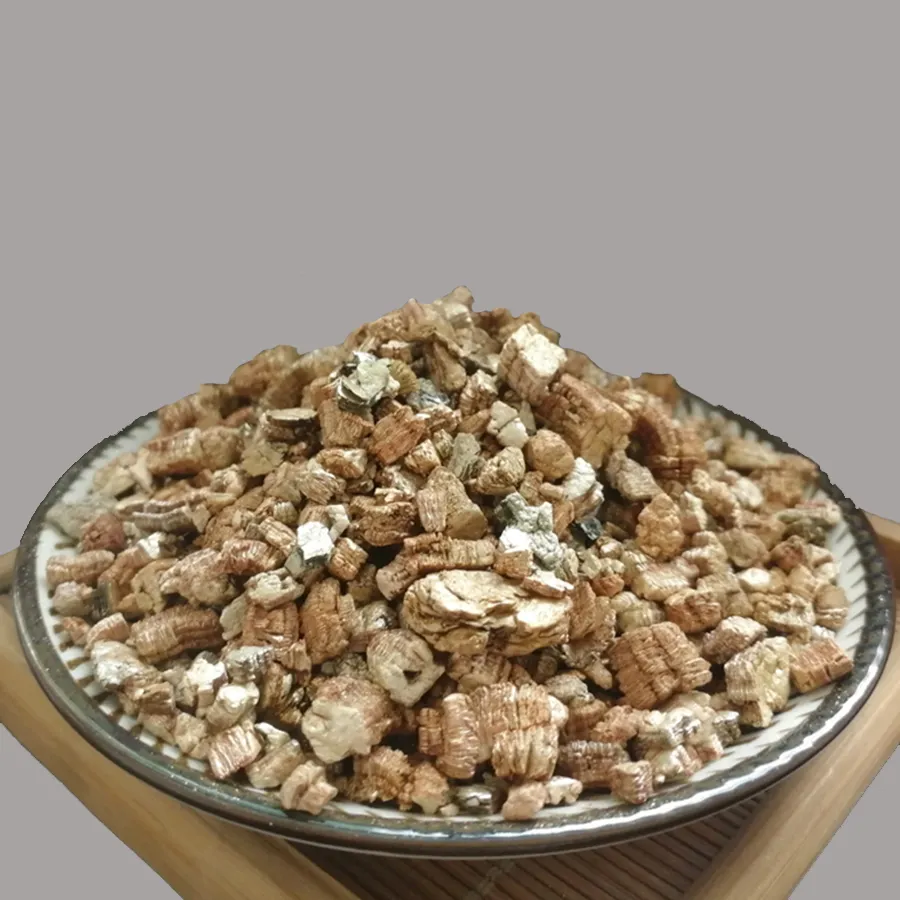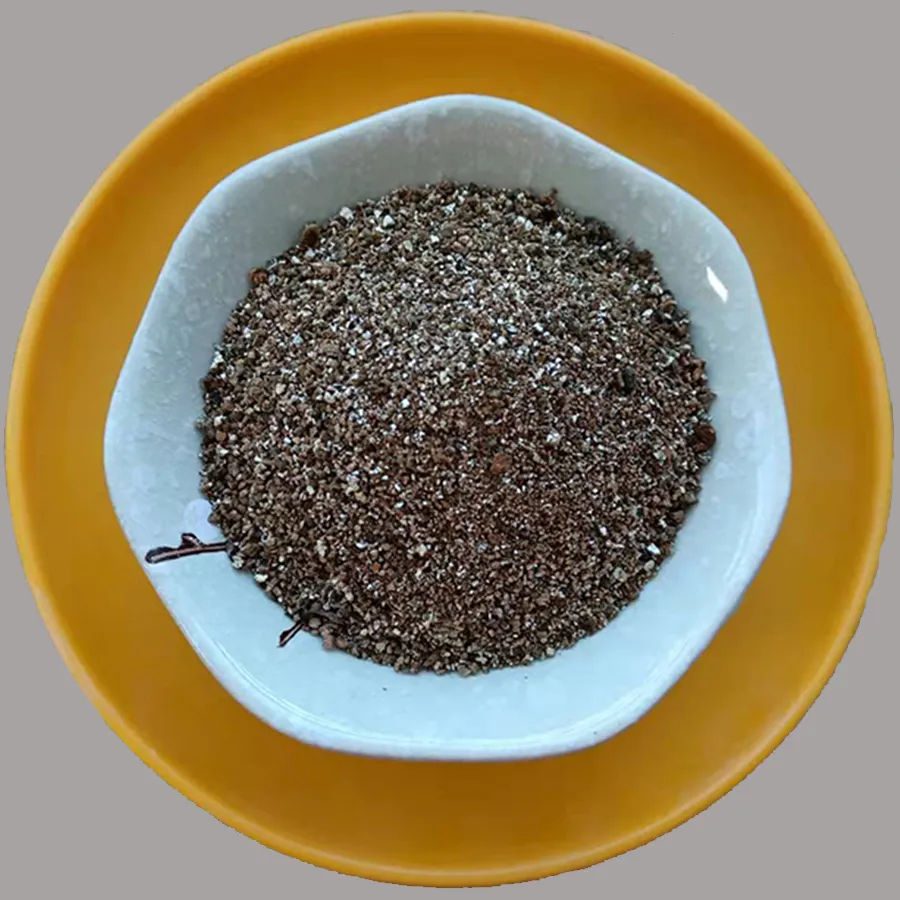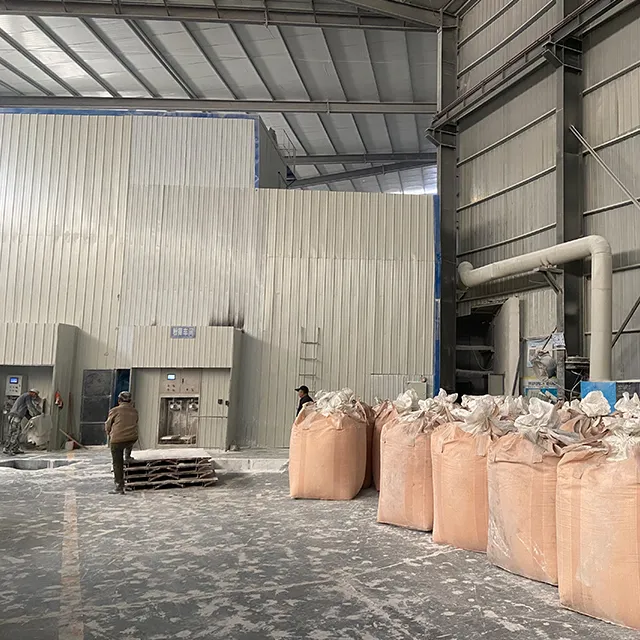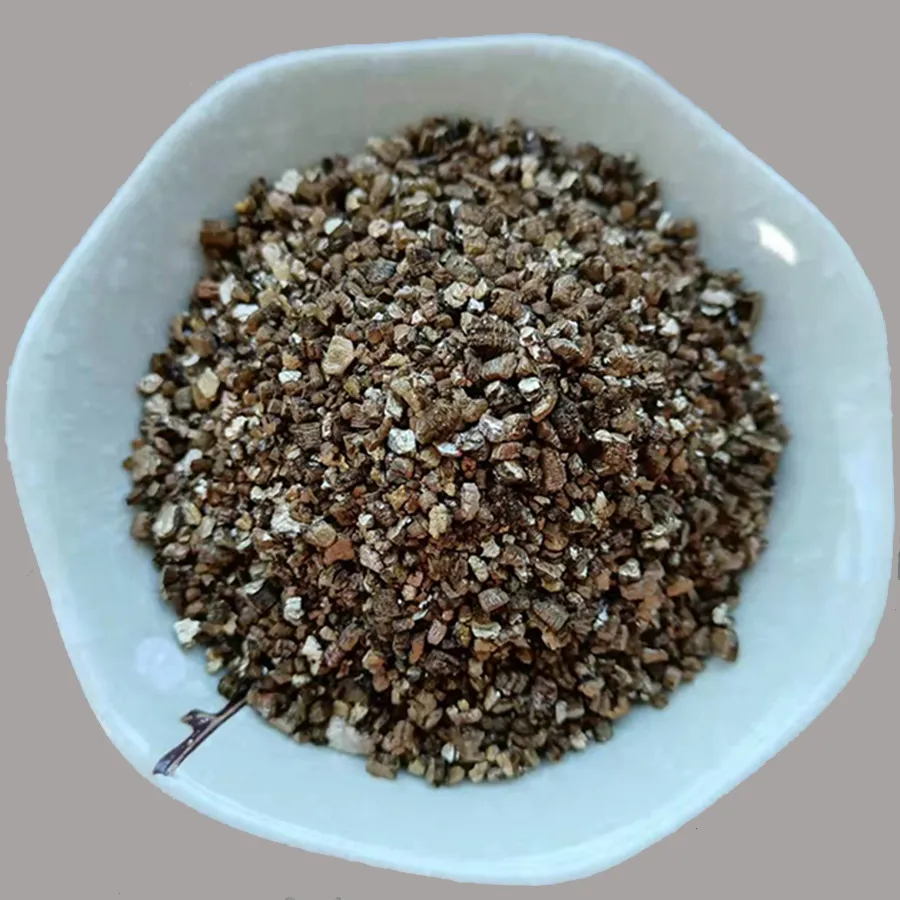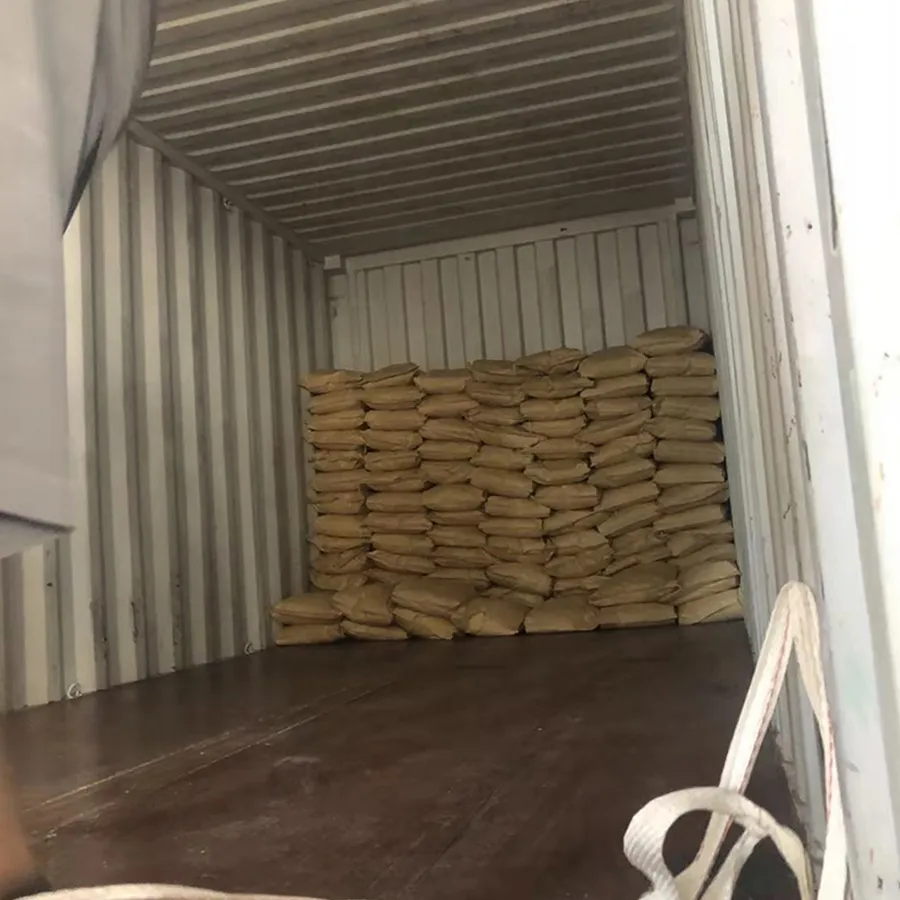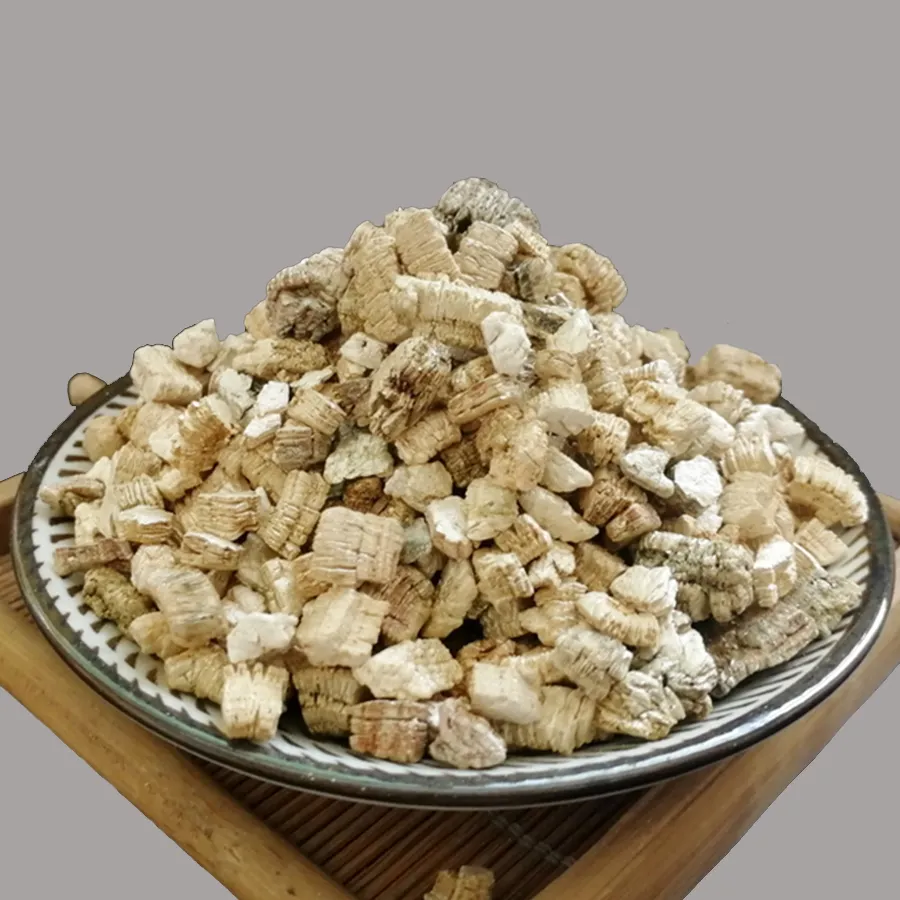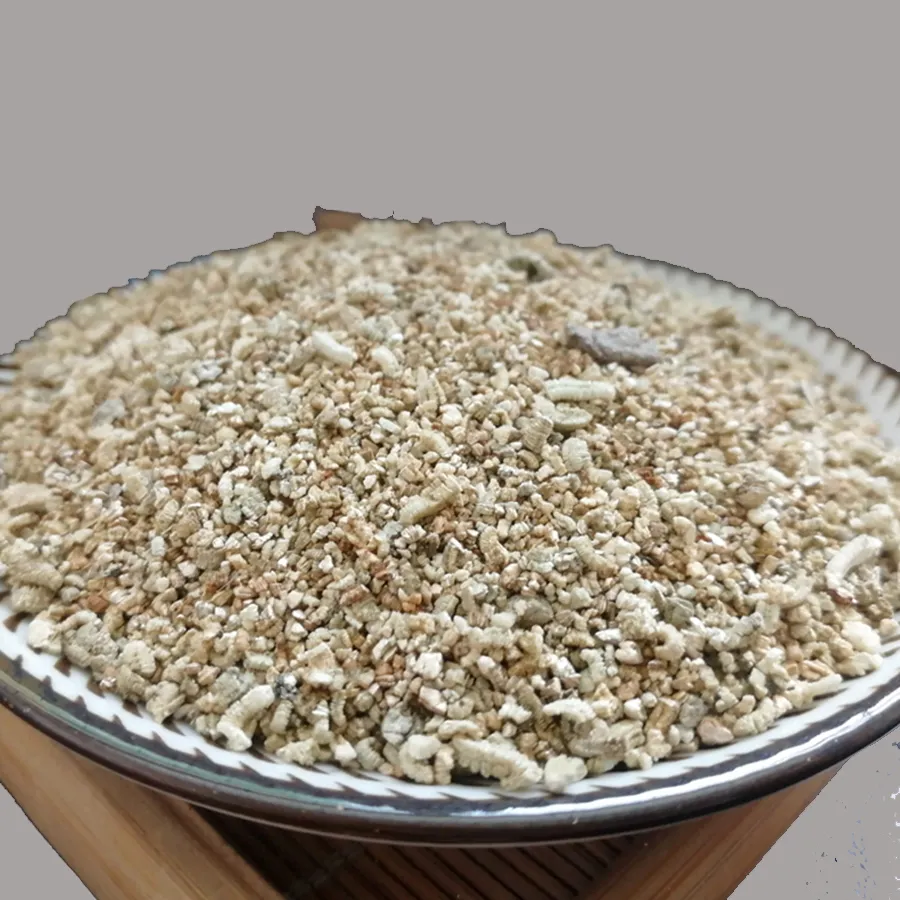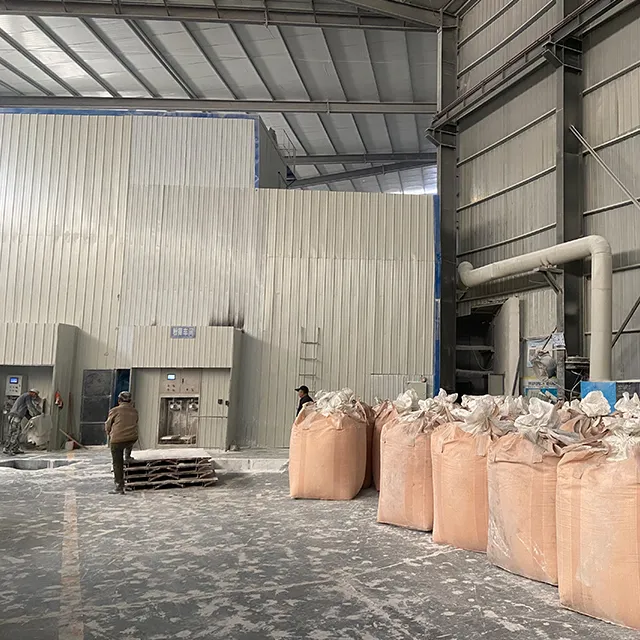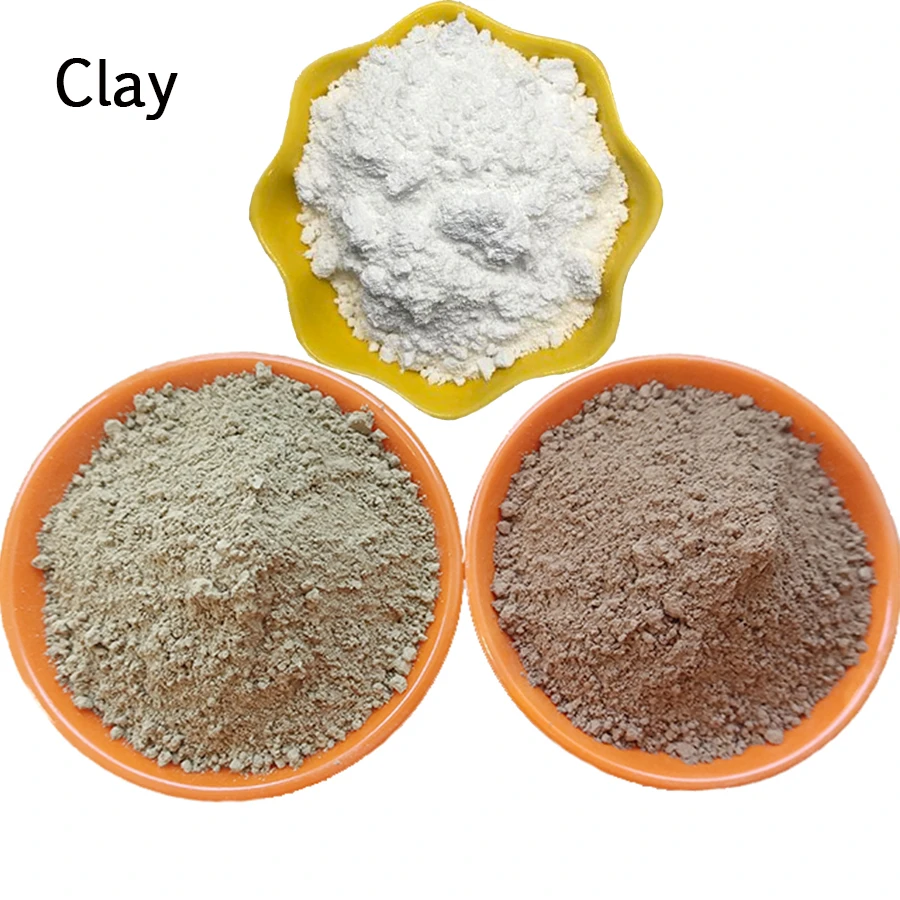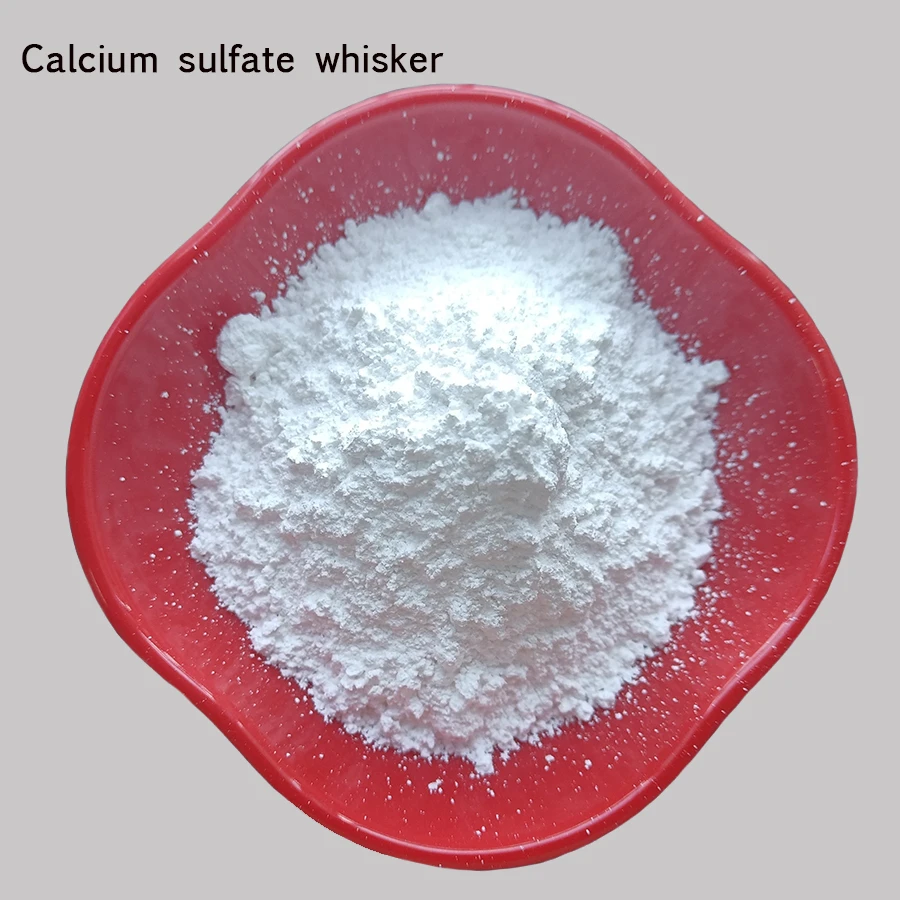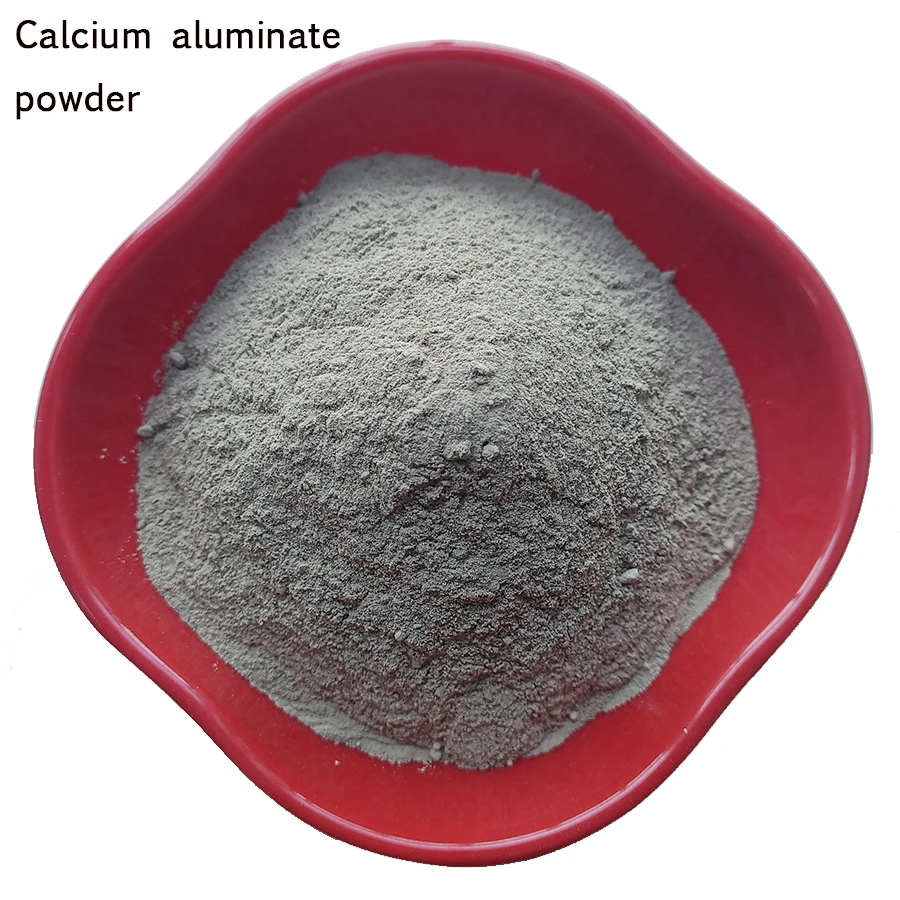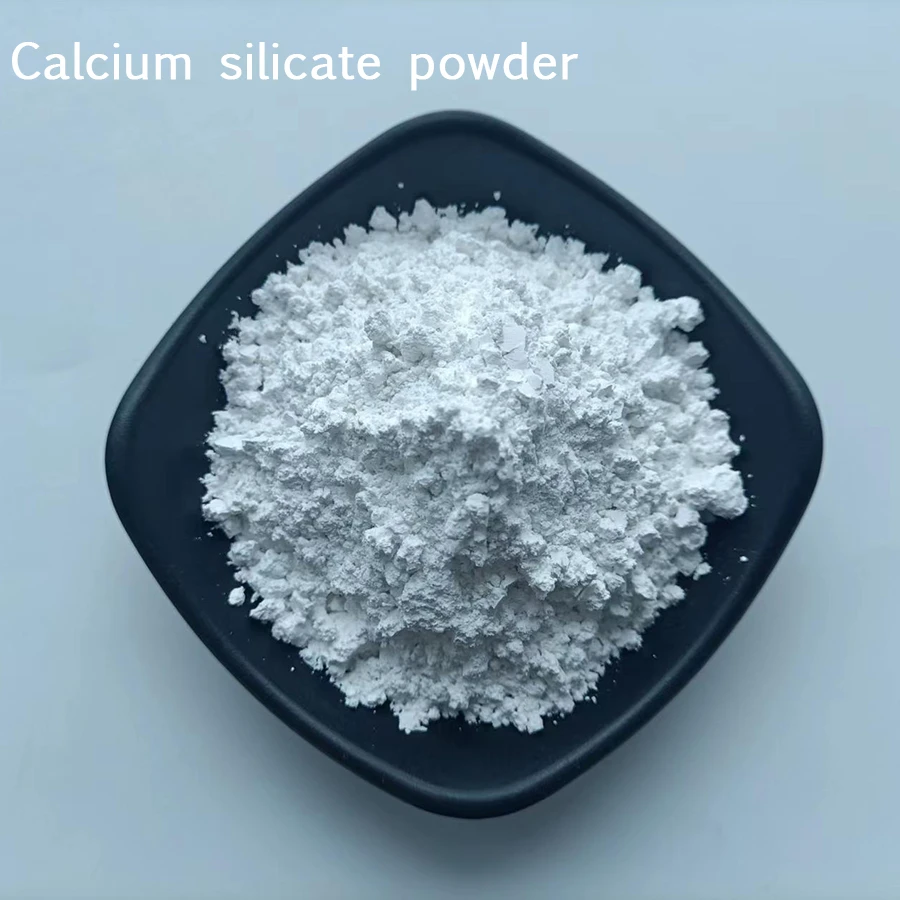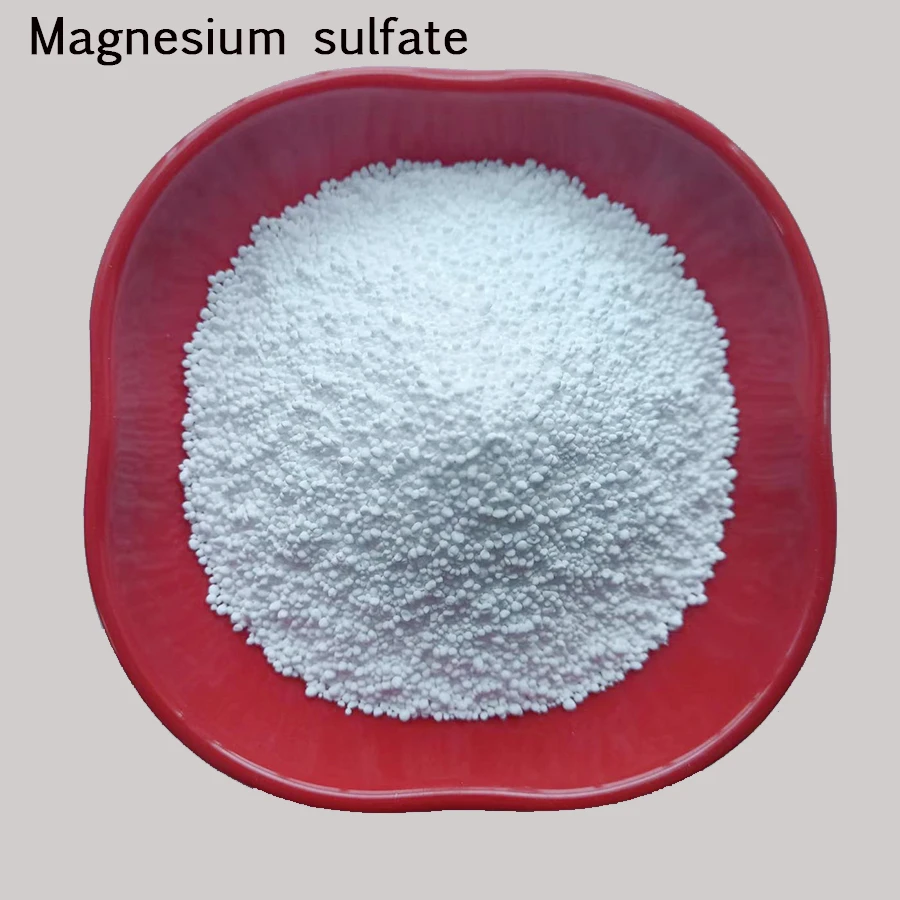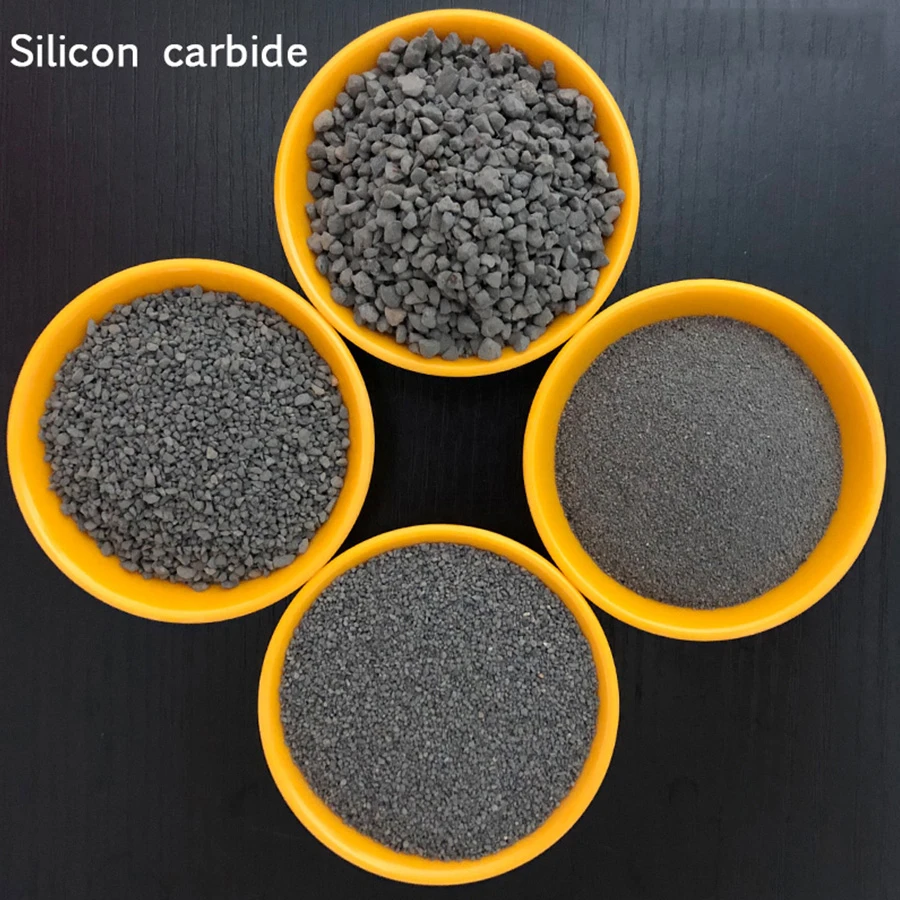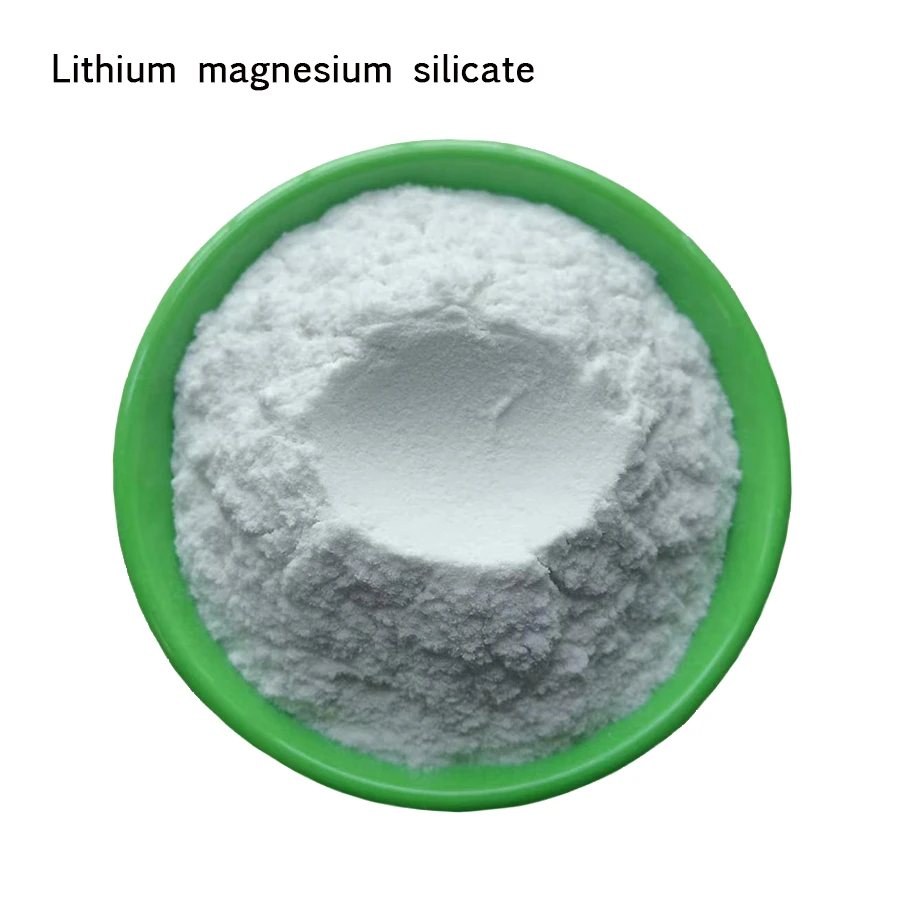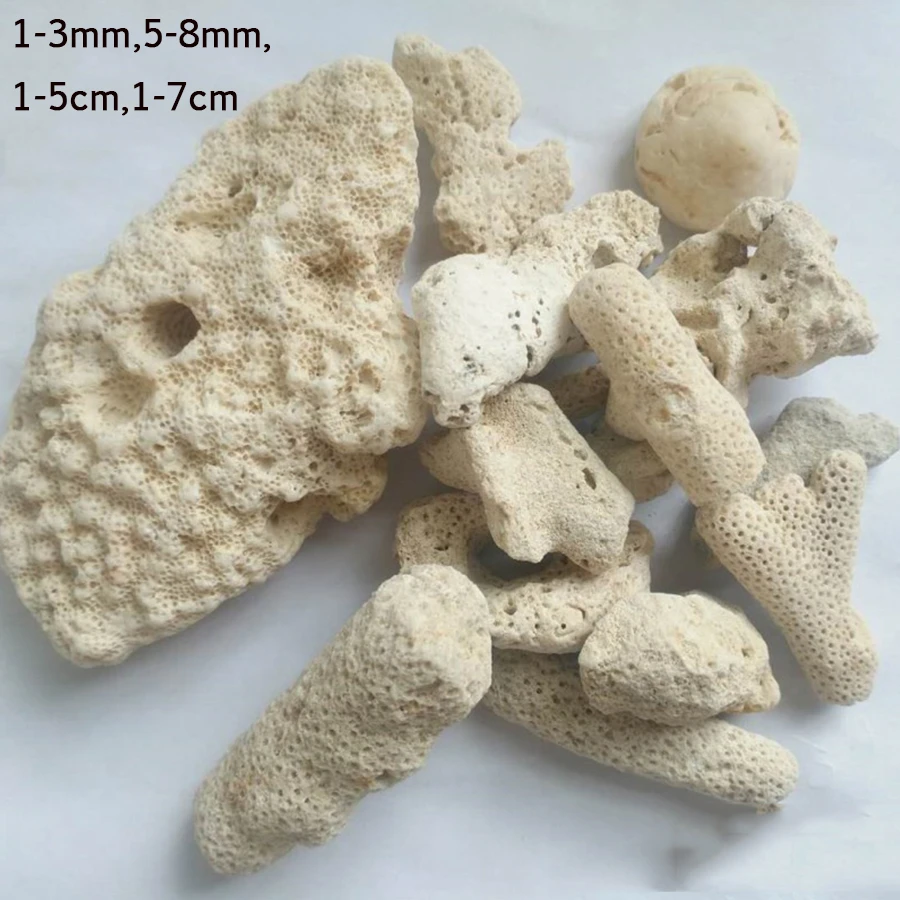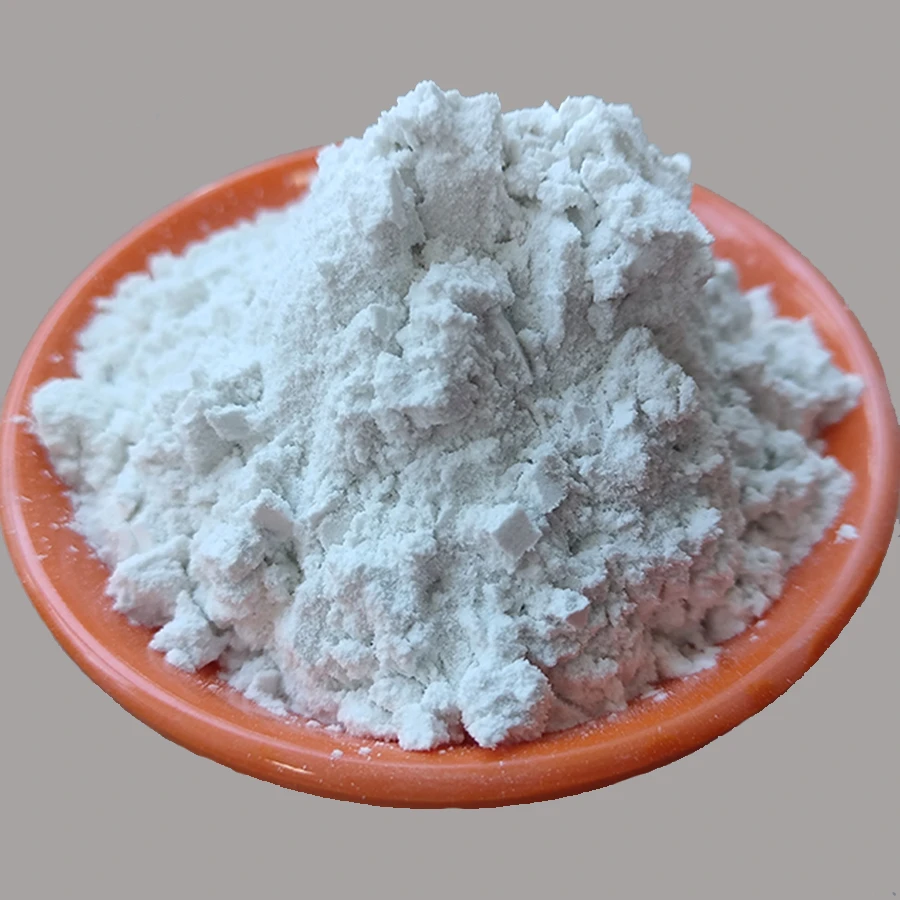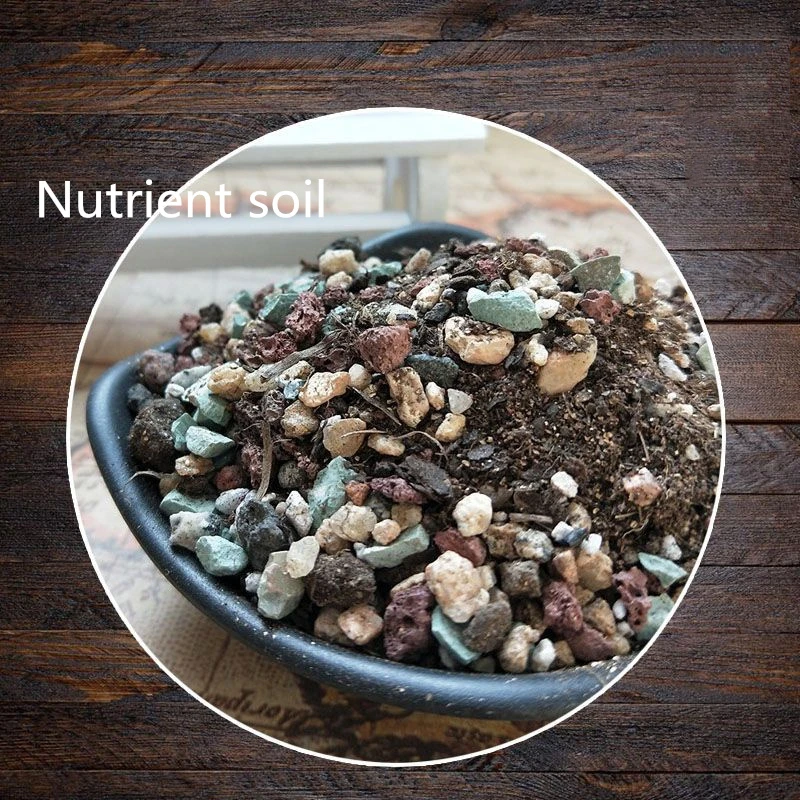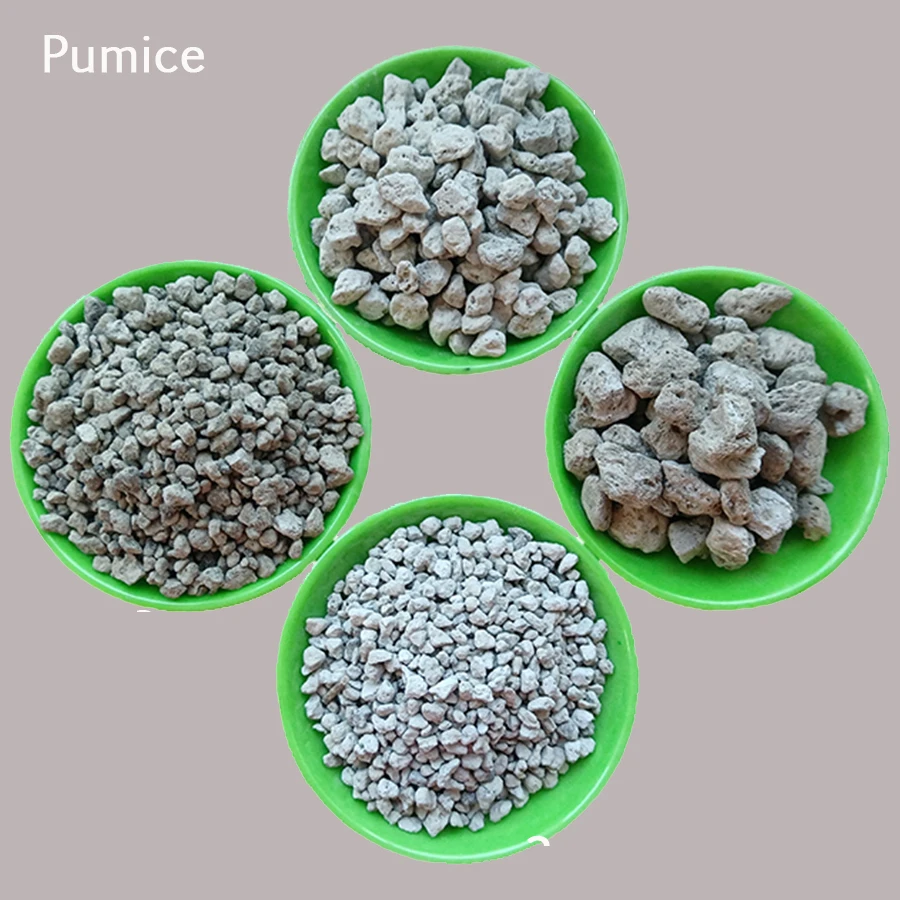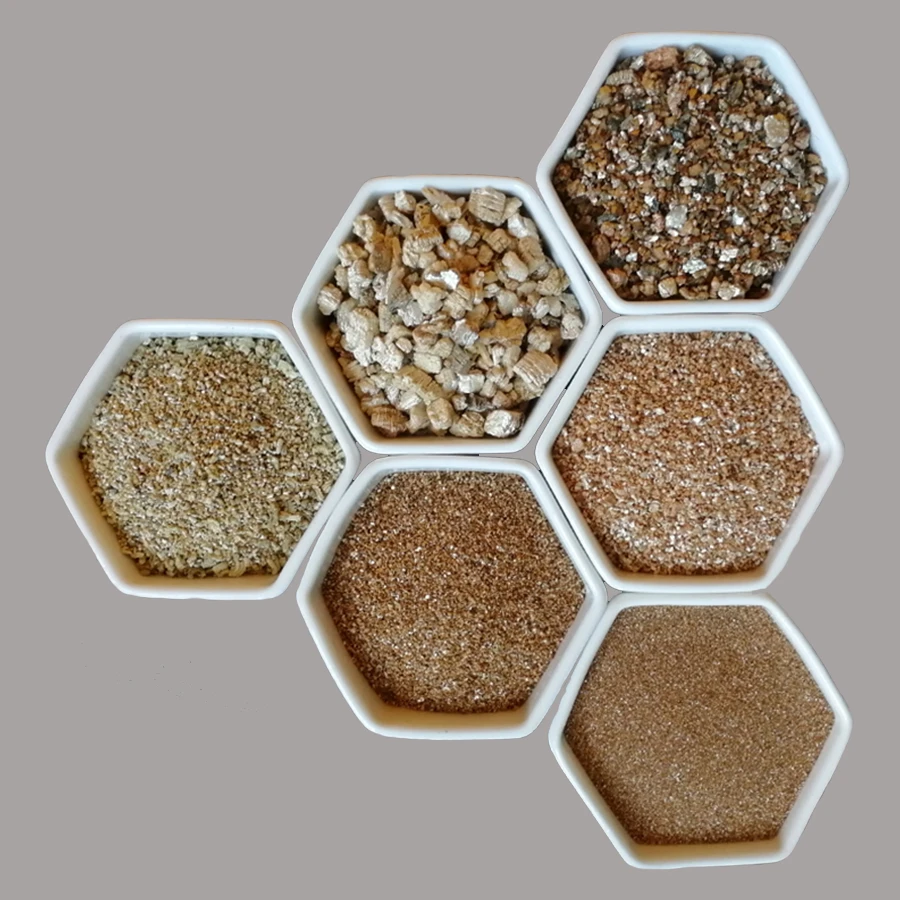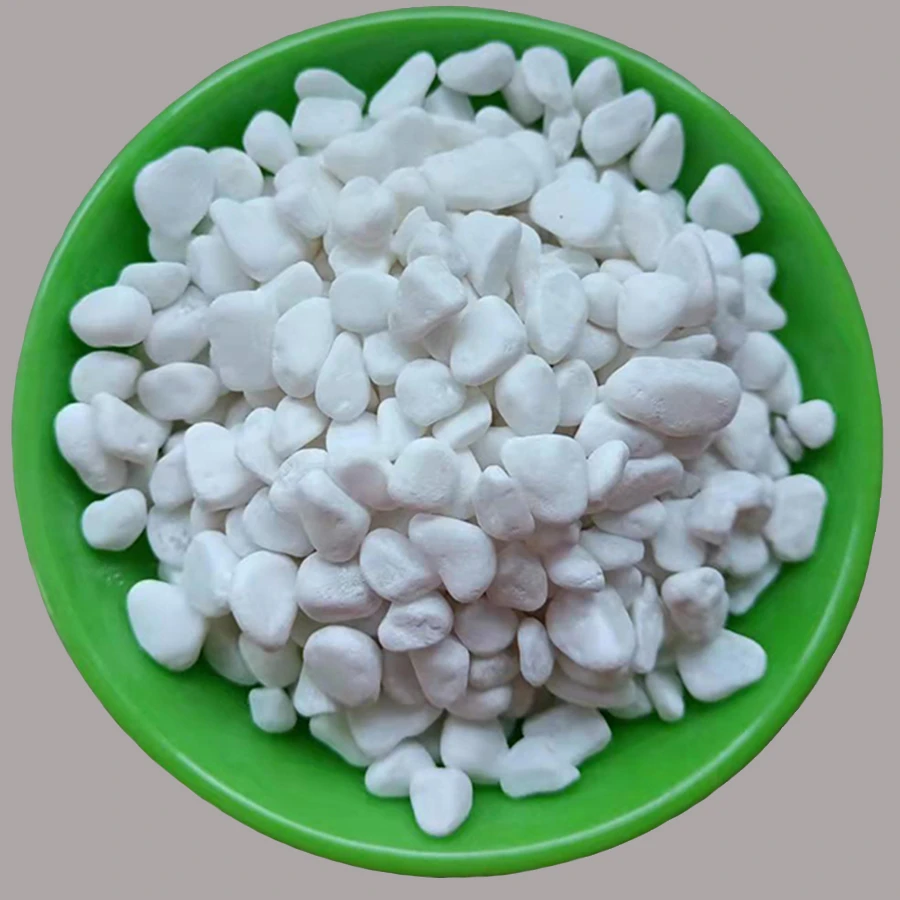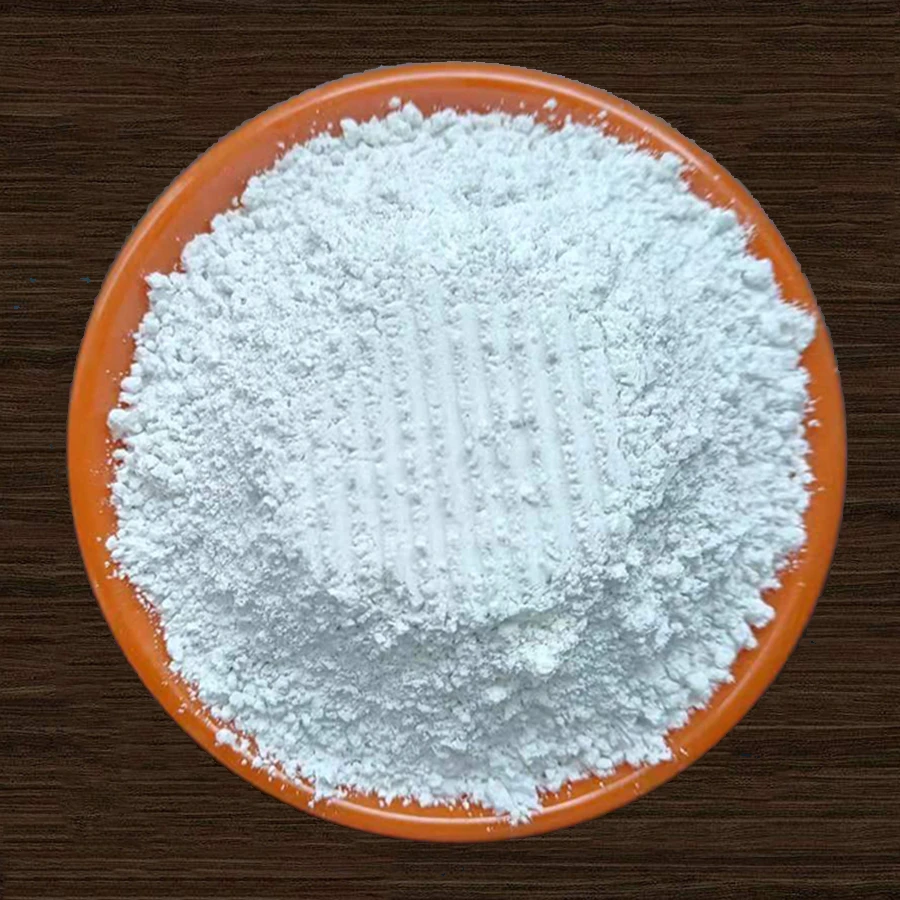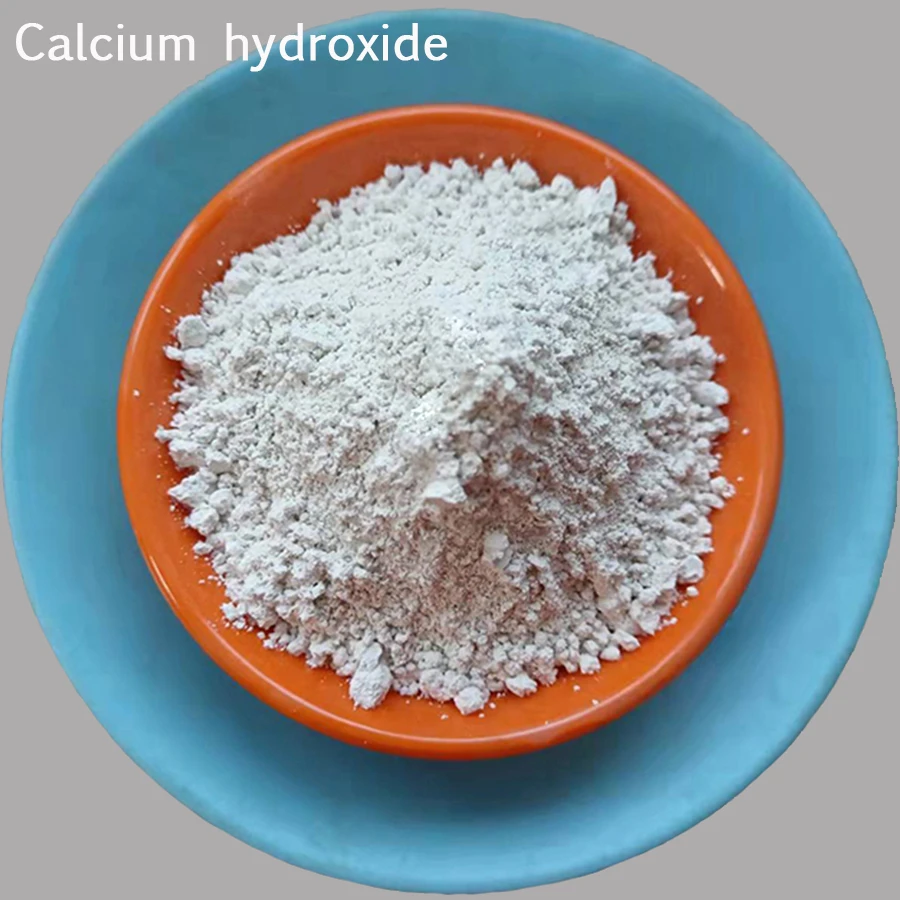
- Afrikaans
- Albanian
- Arabic
- Belarusian
- Bengali
- Czech
- Danish
- Dutch
- English
- Finnish
- French
- Galician
- German
- Greek
- Hebrew
- Hungarian
- Indonesian
- irish
- Italian
- Japanese
- Javanese
- kazakh
- Khmer
- Rwandese
- Korean
- Kyrgyz
- Lao
- Latin
- Latvian
- Lithuanian
- Malay
- Maltese
- Mongolian
- Myanmar
- Norwegian
- Persian
- Polish
- Portuguese
- Romanian
- Russian
- Serbian
- Slovak
- Spanish
- Swedish
- Tagalog
- Thai
- Turkish
- Ukrainian
- Vietnamese
- Welsh
Vermiculite Uses: Versatile Applications Across Various Industries
Vermiculite for Gardening
Vermiculite is a highly versatile material in the gardening industry, primarily used to enhance soil quality. Its ability to retain moisture and improve aeration makes it a valuable addition to garden soil, especially for plants that require well-drained yet moisture-retentive soil. Whether you are mixing vermiculite with potting soil or using it for seed propagation, its ability to retain water helps ensure that plants grow strong and healthy. Bulk vermiculite for gardening is particularly beneficial for container gardening and hydroponic systems, ensuring optimal conditions for plant growth.
Vermiculite for Construction
In construction, vermiculite plays an essential role due to its fireproof and insulating properties. Often used in insulation and as an aggregate in lightweight concrete, vermiculite helps improve the thermal and sound insulation of buildings. Builders vermiculite is an excellent choice for projects requiring a non-toxic, eco-friendly material that can withstand high temperatures. Vermiculite's fireproof characteristics make it an ideal component for fire-resistant walls and ceilings, as well as for use in fireplaces, pizza ovens, and other heat-resistant applications.
Vermiculite in Agriculture
Vermiculite also has a crucial role in the agricultural sector. Organic vermiculite bulk is frequently used to improve soil structure, particularly in soils with low fertility or poor drainage. By adding vermiculite to soil, farmers can enhance moisture retention, reduce soil compaction, and promote root growth. Agricultural vermiculite is particularly useful for greenhouse environments where precise control of soil conditions is necessary for crop production. Additionally, vermiculite's ability to hold essential nutrients makes it a favored soil amendment for growing vegetables and fruits.
Vermiculite in Metallurgy
Vermiculite has applications in metallurgy, particularly as a heat-resistant material. In this industry, vermiculite is used as an insulating material to protect high-temperature equipment and ensure energy efficiency. Its lightweight and fire-resistant properties make it suitable for use in the production of alloys and other metallurgical processes. Vermiculite is also used in casting molds, where it provides a stable and insulating base, ensuring high-quality metal pours. As industrial vermiculite is durable and cost-effective, it remains a preferred material for various applications in the metallurgical sector.
Vermiculite, whether for gardening, construction, agriculture, or metallurgy, proves to be a highly versatile and valuable resource. Its properties cater to a wide range of applications, making it an indispensable material across industries.

How to Choose the Right Type of Vermiculite for Your Garden?
Choosing the right type of vermiculite for your garden is essential to ensure your plants thrive. Vermiculite is available in various types, each offering unique benefits depending on your gardening needs. Understanding the differences between these types can help you make the best choice for your soil and plants.
Coarse Vermiculite for Improved Drainage
If your garden has heavy clay soil that retains too much moisture, coarse vermiculite is an excellent choice. Its larger particles allow for better water drainage and aeration, preventing waterlogged conditions that can damage plant roots. Coarse vermiculite is perfect for gardens with plants that prefer well-drained soil, such as succulents or certain flowers.
Fine Vermiculite for Moisture Retention
For plants that require consistent moisture, fine vermiculite is ideal. Its smaller particles have a higher capacity for water retention, making it perfect for use in potting mixes for vegetables or indoor plants. Fine vermiculite helps maintain an optimal moisture level in the soil, ensuring your plants have a steady supply of water without the risk of drying out.
Organic Vermiculite for Sustainable Gardening
If you're committed to organic gardening, look for organic vermiculite. This type is derived from natural, untreated sources and is free from chemical additives, making it a safe choice for sustainable gardening practices. Organic vermiculite enhances soil structure and promotes healthy root growth while being environmentally friendly.
Vermiculite for Specific Plants
Consider the specific needs of your plants when choosing the type of vermiculite. For example, vermiculite for bonsai has smaller particles that help retain moisture and nutrients, while vermiculite for succulents ensures excellent drainage to prevent root rot.
By understanding the different types of vermiculite and their unique properties, you can select the perfect one to support healthy plant growth in your garden. Whether you're improving drainage or enhancing moisture retention, there's a type of vermiculite suited to your specific gardening needs.
FAQs about Vermiculite
Q1: What types of vermiculite do you offer for gardening purposes?
A1: We provide various types of vermiculite, including coarse vermiculite for improved drainage, fine vermiculite for moisture retention, and organic vermiculite for sustainable gardening. Each type is carefully selected to meet specific plant care needs.
Q2: Can I purchase vermiculite in bulk for larger gardening projects?
A2: Yes, we offer bulk vermiculite options, including organic vermiculite bulk and other types. Whether you're planting a garden or filling raised beds, we can supply large quantities to accommodate your project.
Q3: What is the delivery time for vermiculite orders?
A3: The delivery time for vermiculite is typically within 15 days after receipt of the advanced payment. For specific shipping details, our team will coordinate with you to ensure timely delivery to your location.
Q4: Is your vermiculite product safe for organic gardening?
A4: Yes, we offer organic vermiculite that is untreated and free from harmful chemicals, making it ideal for organic vermiculite bulk applications. It enhances soil aeration and moisture retention without affecting the quality of your organic produce.
Related Products
The main products include mica,vermiculite,volcanic and stone products.


Related News




